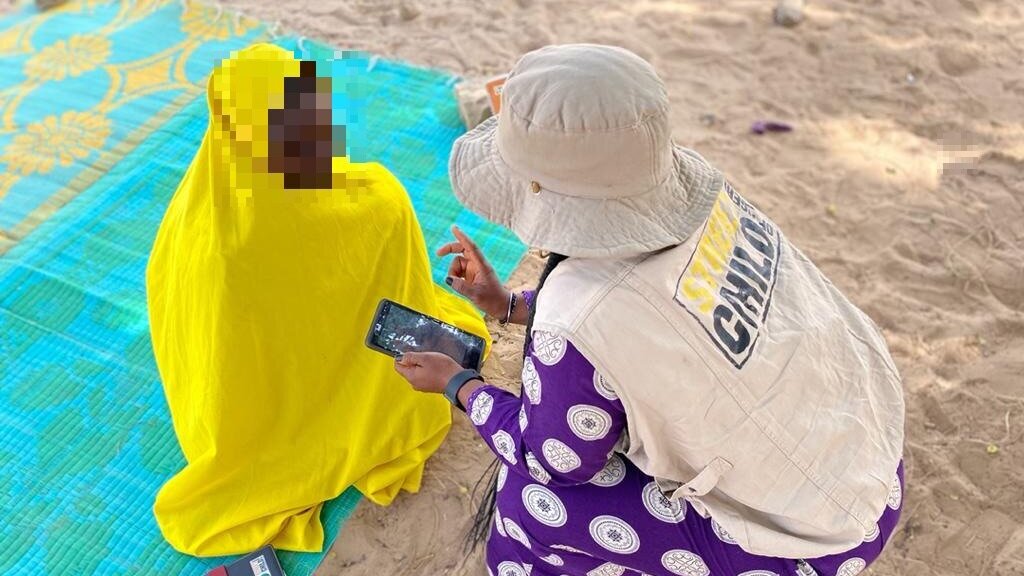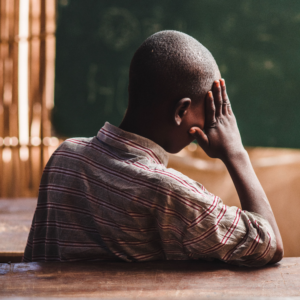Reflections on Street Child’s work with child soldiers in Nigeria — Street Child

This Friday 12 February, the global community commemorates Red Hand Day condemning the use of and raising awareness of the plight of children forced to serve as soldiers in wars and armed conflicts. This day marks nineteen years since the Optional Protocol to the Convention on the Rights of the Child on the Involvement of Children in Armed Conflict (OPAC) came into force which banned the participation of children under the age of eighteen in hostilities. It recognises the catastrophic effect that participation in armed conflict can have on girls and boys around the world, exposing them to risks and trauma that no child should have to face, and denying them a safe and happy childhood.
Since the beginning of the current conflict in 2009, over 10,000 children as young as twelve have been recruited to join armed groups across North East Nigeria. These young people have often been abducted and forced against their will to join a range of opposition and vigilante groups. This has had a serious effect on their wellbeing, putting them not just in physical danger and at a high risk of sexual exploitation, but also by removing them from their families and communities. Children who leave armed groups often come home to find their families have fled or been killed and face rejection by community members due to the stigma of fighting for enemy groups.
Street Child has helped over 300 former child soldiers in Nigeria since 2017 and is committed to scaling this. Through our partnerships with local organisations, including the Intercommunity Development Social Organisation (IDS), we offer a number of services that have supported young people to heal, re-join their communities and plan for the future. Key areas of support include:
-
Our family tracing and reunification activities reunite unaccompanied and separated children with their families or assists them to find appropriate foster care
-
Children are offered community-based mental health and psychosocial support to deal with the trauma of separation, armed conflict and sexual violence
-
Positive coping mechanisms are taught to build their stability and resilience
-
Through supporting their re-enrolment in schools and vocational training, former child soldiers receive education and skills that offer them a positive future free from conflict.




